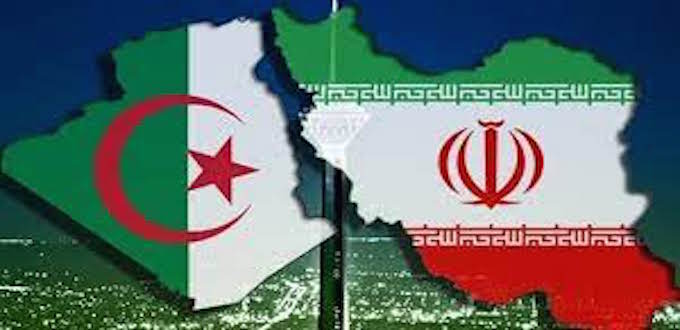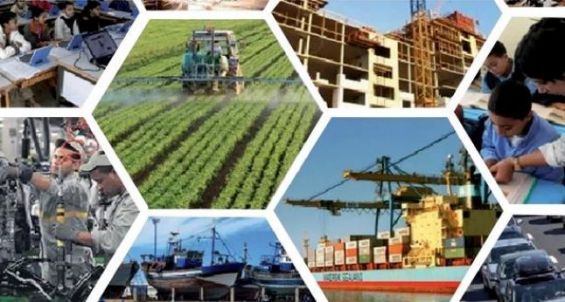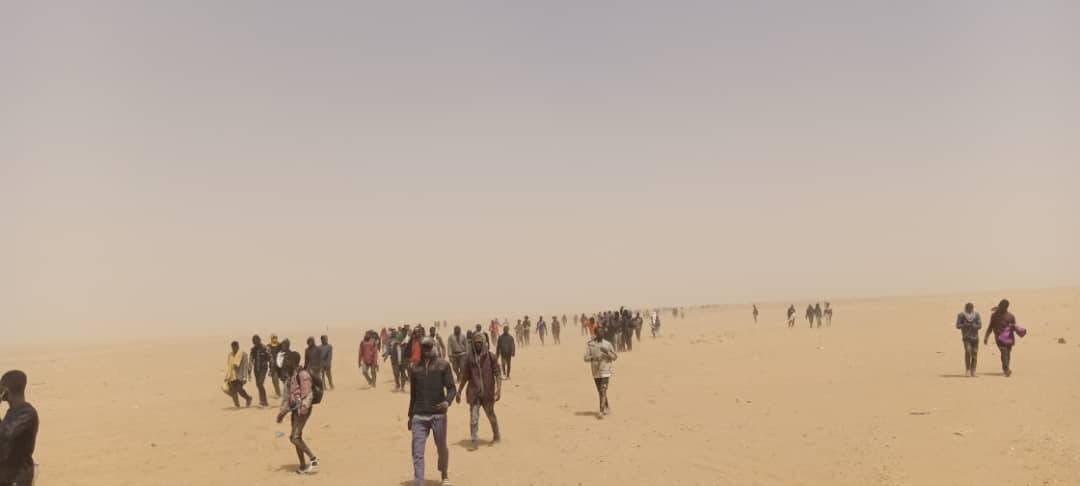“The concern of the European Union and the United States is growing about the increasingly close relationship between Algeria, Russia and Iran,” which strives to spread the most radical branch of its Islamism in the Sahel and Sahara states with the support of the Algerian military system, says an analysis posted on the website of a Spanish institute this March 6.
Several EU reports and journalistic information reported by media outlets such as CNN and Le Monde indicate that the Algerian regime’s intention is to facilitate the installation of Russian military bases in the Sahel with the help of Iran, notes the Madrid-based Instituto Coordenadas.
The Algerian regime is said to be receiving a significant supply of drones from Iran, which would go directly to the armed militia of the Polisario Front, a group that enjoys the Algerian authorities’ support, in its struggle against Morocco, one of the few reliable partners of the EU and USA in the region.
Iran, which operates in a similar way by supplying the terrorist group Hezbollah, intends to establish the most radical branch of its Islamism in the Sahel and Sahara, using the Algerian military system’s support.
Le Monde reported that the Algerian government had allowed the Russian Wagner group to penetrate the Sahel to reach Mali. This presence led to France’s departure from the African country and dealt a significant blow to the U.S.-led coalition to end terrorism in the region, the institute recalls.
“The Algerian government has become a firm ally of Russia, and it is estimated that it buys some $10 billion worth of arms from Russia annually, which would finance Putin’s war against Ukraine. For the year 2023, Algeria plans to allocate $23 billion to arms purchases, more than half of which would be Russian-made,” the institute states further.
In September 2022, the United States already expressed concern about Algeria’s financing of Russia’s war against Ukraine and called for sanctions against the North African country.
The Institute notes that the military alliance has been reflected in recent times in the joint exercises, mainly maritime ones, conducted between the two countries in the Mediterranean. Algiers has made its ports and ships available to Russia. It has also participated in other military exercises conducted by both countries in the past, both in the Caucasus and in Siberia, as well as in North Africa.
Jesús Sánchez Lambás, Vice President of the Instituto Coordenadas for Governance and Applied Economics, points out that the information available allows us to predict a double scenario of instability that would allow Russia to have a stranglehold on the European Union: Ukraine in the North and the Sahara in the South, aggravating the energy supply crisis.
“While the humanitarian drama in the North focuses all US and EU political and media attention, the situation in the South is perceived as something distant and culturally alien to the West,” Jesús Sánchez Lambás argues, calling on Western powers to “anticipate the foreseeable catastrophe by strengthening their relations with the few reliable partners in the region, such as Morocco.” “It is getting late,” he deems.
The Instituto Coordenadas for Governance and Applied Economics defines itself as an institute founded on the principles of independence, non-partisanship and plurality, develops thought and undertakes research into the interaction between governance and applied economics in order to make constructive and decisive progress in three fundamental issues: social wellbeing, economic progress and environmental sustainability.



